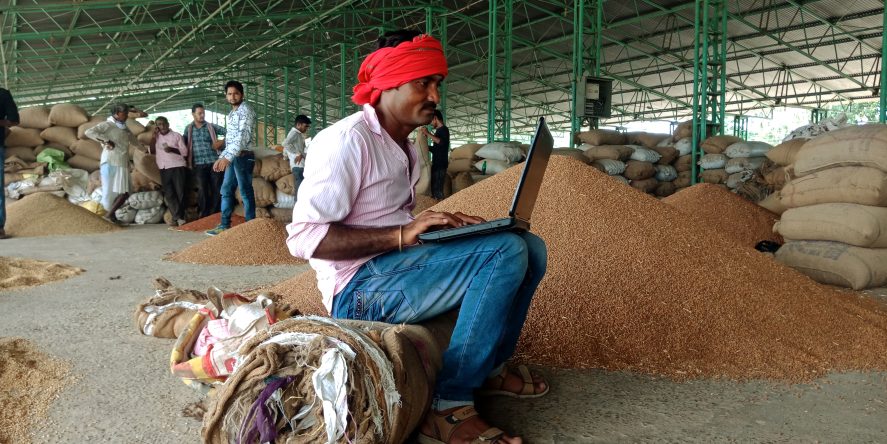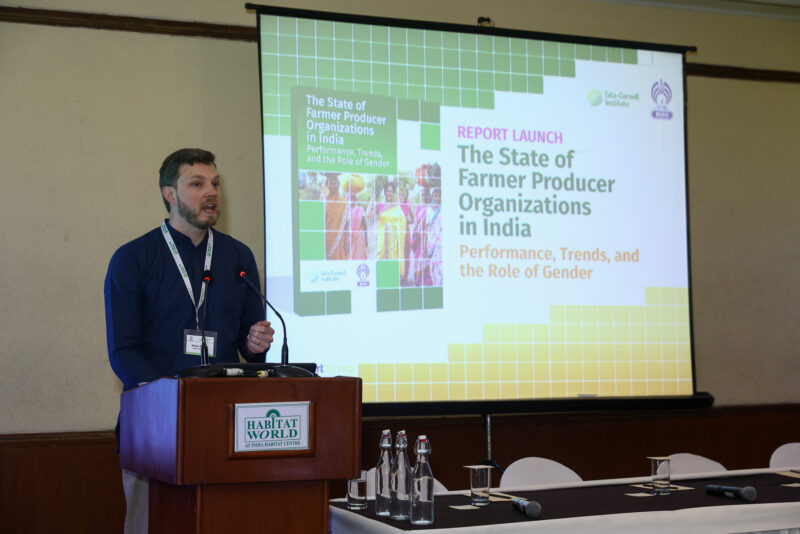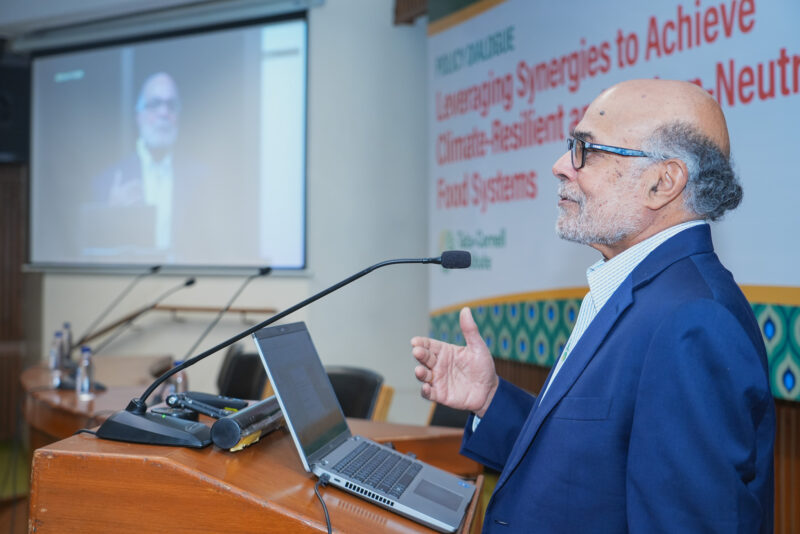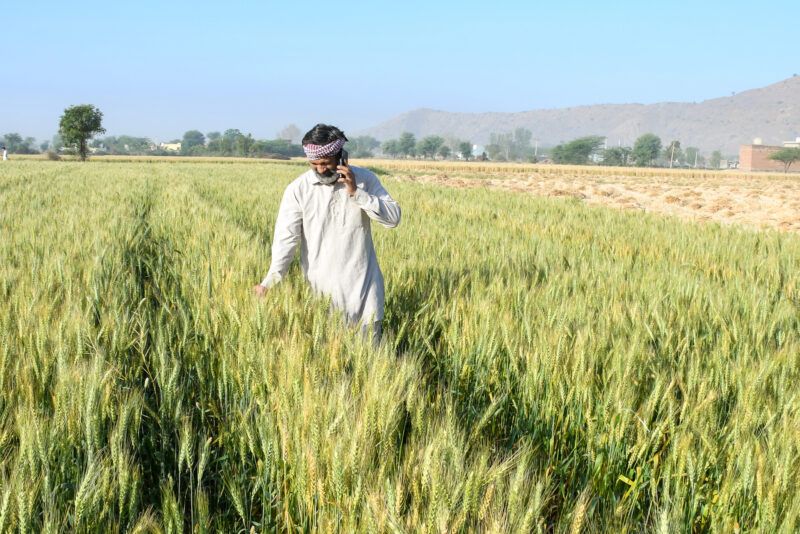Technology Is Key to Bolstering India’s Food System

As India’s population grows and the country continues to urbanize, it will need to produce greater amounts of diverse agricultural products. A new report from the Tata-Cornell Institute for Agriculture and Nutrition (TCI) contends that India can achieve a sustainable increase in agricultural production by embracing a range of existing and emerging technologies.
While productivity significantly improved following the Green Revolution in the 1960s, India is still trapped in hunger and undernutrition. Further, intensive monocropping and overuse of fertilizers have resulted in soil degradation, water table depletion, and other environmental problems.
Technological Interventions in Indian Food Systems and the Future of Food Security explains how agricultural technology, or ag tech, can help ensure future food security by addressing supply-side challenges. The report evaluates different components of India’s food systems and offers technological solutions to challenges.
“Technology played an important role in reducing hunger in India during the Green Revolution, but the challenges and technology of today require a different approach,” said the report’s lead author, TCI Assistant Director Mathew Abraham. “With the right strategies in place, India can utilize modern technology to build a food system that is productive, sustainable, and provides better livelihoods for smallholder farmers.”
The report addresses four aspects of ag tech in India: crop breeding technologies; farm management practices and information communication technologies (ICTs); technologies for reducing food waste and loss; and emerging market platforms for improving smallholder access.
Modern techniques in plant breeding improve trait performance and reduce breeding cycle time. The new technologies in genomic services and analysis, phenomics, and breeding informatics are very effective in achieving increased rates of genetic gains. However, focusing on technologies that are crop-agnostic and trait diverse is imperative for achieving success in crop breeding, according to the report. It also underscores the need for innovations in both conventional and new plant breeding technologies, in addition to research and development in the public and private sectors.
The report makes a strong case for the implementation of sustainable intensification, a set of farm management practices that increase productivity with reduced environmental impact and resource depletion. Effective implementation of sustainable intensification, the authors contend, will require access to quality data enabled by ICTs, including satellites, drones, radio, television, and computing hubs.
“ICTs play a critical role in sustainable intensification,” Abraham said. “They close the information gap and make essential farm-level services readily available.”
Poor post-harvest management results in the loss of millions of dollars in produce each year. The report describes how investments in cold chain facilities as well as specialized storage and transportation infrastructure can reduce those high levels of loss, effectively increasing the amount of food available.
The report also focuses on increasing market access for smallholder farmers, who because of their size are frequently unable to capitalize on rising demand for diverse agricultural products. The authors contend that alternative platforms, including electronic markets, commodity futures, and warehouse receipt systems, can address connectivity problems, reduce transaction costs, and increase returns for farmers. They stress that technology will play a significant role in the supply side of agriculture in the future, with more accessible markets becoming vital for a synchronized system.
The report was funded by the Innovation Centre of the Royal Embassy of Denmark in New Delhi.
Featured image: A farmer uses a laptop at an agricultural market in Madhya Pradesh, India. (Photo by Neeraz Chaturvedi/Shutterstock)





